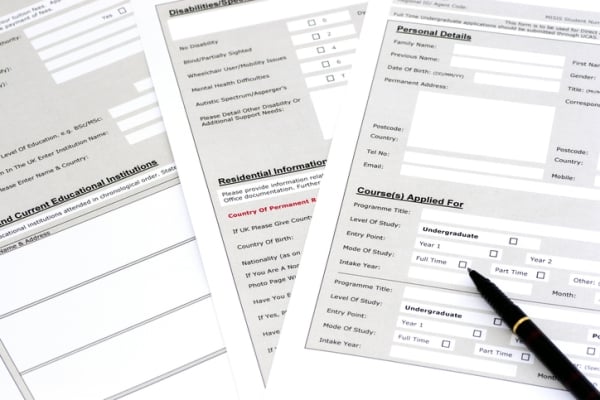Access to higher education is a fundamental right that should be available to all individuals, regardless of their background or socioeconomic status. However, many students face barriers to college access due to information deficits that prevent them from making informed decisions about their educational opportunities.
Information deficits refer to the lack of knowledge and resources that students need to navigate the complex college admissions process. This can include not having access to information about different types of colleges, financial aid options, or application procedures. Without this information, students may feel overwhelmed and unsure about how to pursue higher education.
One of the main ways that information deficits undermine college access is through the lack of awareness about financial aid options. Many students and their families are unaware of the various forms of financial assistance that are available to help cover the cost of tuition, fees, and living expenses. This can deter students from applying to college because they believe they cannot afford it.
Additionally, information deficits can also lead to students making uninformed decisions about which colleges to apply to and attend. Without access to information about college rankings, student support services, and campus culture, students may end up choosing a college that is not the best fit for them. This can result in decreased retention rates and lower levels of academic success.
Furthermore, information deficits can exacerbate existing disparities in college access among different socioeconomic and racial groups. Students from low-income households and underrepresented minority groups are more likely to experience information deficits due to limited access to college counselors, college tours, and other resources. This can widen the gap in college enrollment rates and perpetuate inequalities in higher education.
To address information deficits and promote college access for all students, it is essential to invest in resources that provide accurate, timely, and comprehensive information about the college admissions process. This includes improving access to college counseling services in high schools, expanding financial literacy programs, and increasing outreach efforts to underserved communities.
In conclusion, information deficits are a significant barrier to college access that must be addressed in order to ensure that all students have the opportunity to pursue higher education. By providing students with the information and resources they need to make informed decisions about their educational future, we can work towards a more equitable and accessible higher education system.



